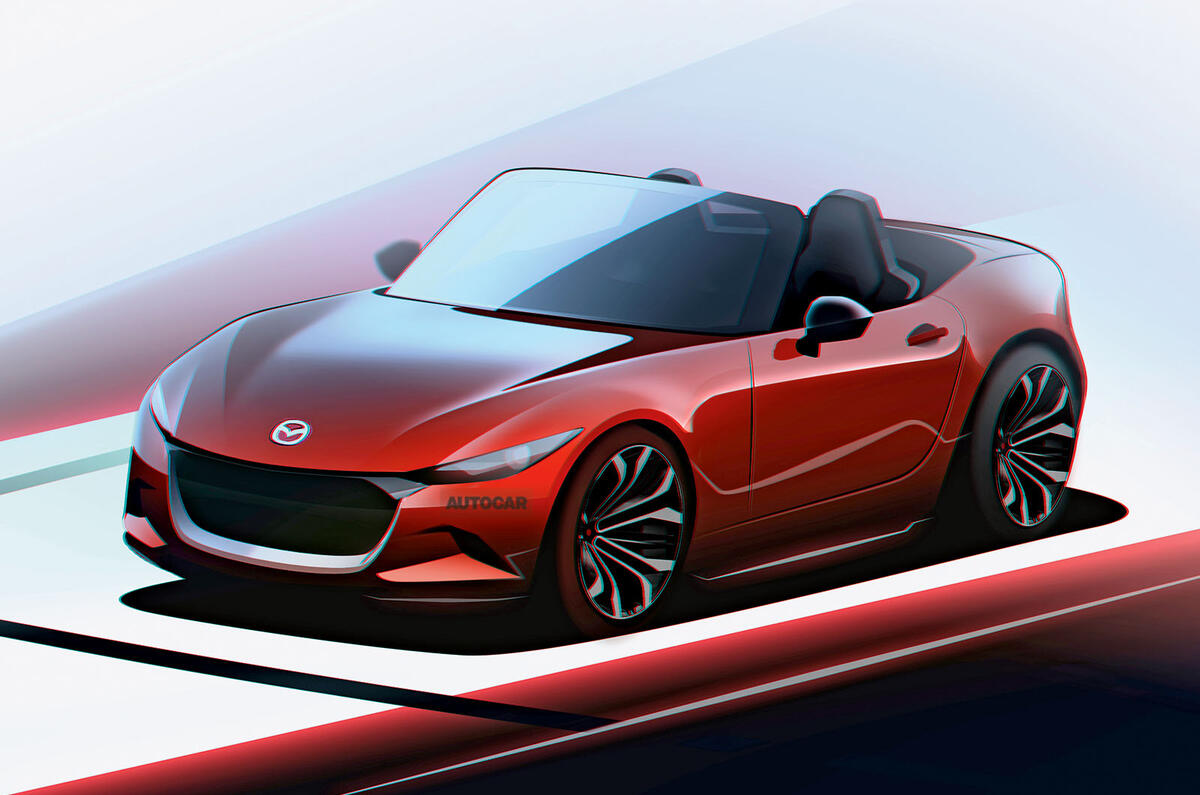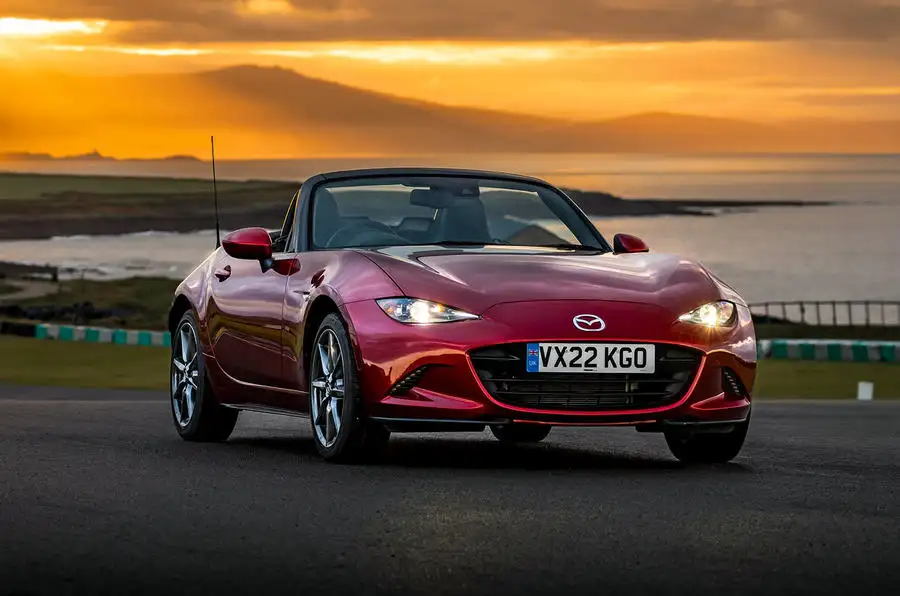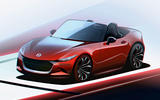The Mazda MX-5 “will never die” but the Japanese company has yet to commit to the technical make-up of the next-generation version.
Mazda’s CEO in Europe, Martijn ten Brink, said the current car, first launched in 2015, will continue to be updated and is under no threat of being taken off sale from emissions or other legislation.
“How do you stay true to the concept of what the car stands for taking it into the next generation of technologies?” he said, when asked about plans for the next MX-5. “That’s not been decided. But I think for Mazda it would be fair to say that the MX-5 will never die.
“I think it will continue to exist forever and it will have to go with the times. That’s a super challenge, and people are passionate about this car in Mazda.
“Of course, as you can imagine, people have opinions on which direction it should go. So I’m very curious where it will end up, but it will definitely remain part of the line-up.”
Autocar understands that from late 2023, the MX-5 will be made compliant with new GSR2 safety regulations, which have cut short the life of its Toyota GR86 rival and will heavily restrict sales volumes of the Alpine A110 from 2024.
In a wide-ranging interview at the Brussels motor show, ten Brink also discussed Mazda designers exploring new shapes and sizes for its models that major on aerodynamic efficiency when its new scalable electric architecture arrives in 2025.
“I think everybody is really happy in the company with the performance of our crossovers and the advantages that they offer,” said ten Brink. “But I think everybody is also looking at what are the polar possibilities in terms of design of new electrified products.
“How do we go? Do we go to a new shape? That’s what our designers are experimenting with. I look forward also to vehicles that are not necessarily SUVs or crossovers.” He added: “We need to think about aerodynamics in a different way. I think we’re going to get more diversity in terms of design from all the different brands. And I think also our experiments for design will take us into new directions, but they will definitely have to be super-aerodynamic.”
Ten Brink said Mazda’s size means it has to do things differently and produce models for global markets rather than adopting different approaches region by region.












Join the debate
Add your comment
I am able to create $88/h to complete few jobs on home computer. C3 I’ve never thought that it’s even achievable but my closest mate earning $25k only within five weeks simply working this leading project & she had convinced me to join…Discover extra details by going following link....... EarnCash7.com
I am able to create $88/h to complete few jobs on home computer. C2 I’ve never thought that it’s even achievable but my closest mate earning $25k only within five weeks simply working this leading project & she had convinced me to join…Discover extra details by going following link....... EarnCash7.com
What Mazda mean is: It will have to remain ICE at the moment, because a BEV MX5 cannot be produced with the current battery technology.
The price would have to shoot up, and so would the weight, and then it is no longer an MX5.
The Peugeot 208 range starts at under 1000 KG. The e-208 is 1530 KG. If you look at a Renault Zoe -v- a Clio, or a Polestar -v- a Volvo S60, it's consistantly at least 200 KG, unless you want a tiny range, which no one will then buy.
Once you add at least 200 KG to an MX5, and a large price rise, then you do not have an MX5 any more.